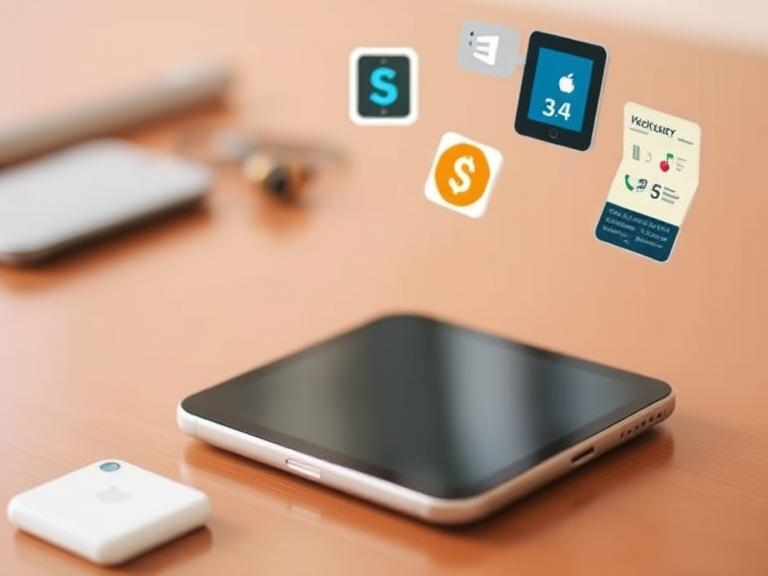Your basket is currently empty!

Modern life revolves around gadgets. From waking up with a smartphone alarm to falling asleep after checking social media, gadgets are present in nearly every moment of the day. This raises an important question: Are we too dependent on them?
There’s no doubt that gadgets make life easier. Smartphones give us access to communication, entertainment, navigation, and information all in one device. Smartwatches track health, laptops enable remote work, and smart home devices offer unmatched convenience. In emergencies, gadgets can even be life-saving.
However, dependence becomes a concern when people can’t function properly without their devices. Many struggle to go an hour without checking their phone. Some feel anxious when they forget it at home or when the battery runs low. In extreme cases, gadget dependency leads to “nomophobia”—the fear of being without a mobile device.
This dependence can also affect cognitive abilities. People rely on GPS instead of learning directions, use calculators for simple math, and look up facts rather than remembering them. There’s a risk that we’re outsourcing our memory and thinking skills to technology.
Socially, gadgets can interfere with real-world relationships. Conversations are interrupted by notifications, and people may choose screen time over human interaction. Physically, overuse of gadgets is linked to eye strain, poor posture, and reduced physical activity.
That said, gadgets aren’t the problem—the issue is how we use them. By becoming more mindful and setting boundaries, we can regain control. Gadgets should serve us, not the other way around.
Leave a Reply